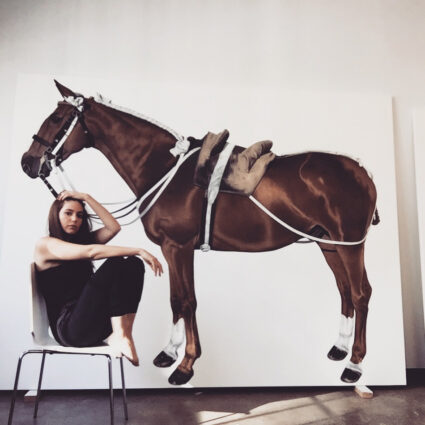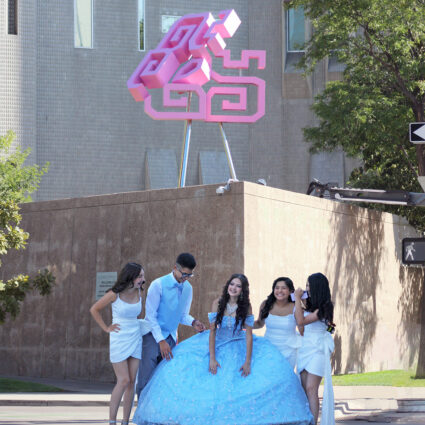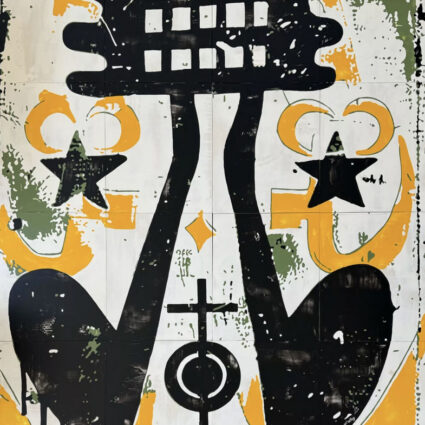Our new editorial director, who joined SWC on April 22, looks back on a challenging decade of arts journalism—and ahead with an ambitious editorial vision.
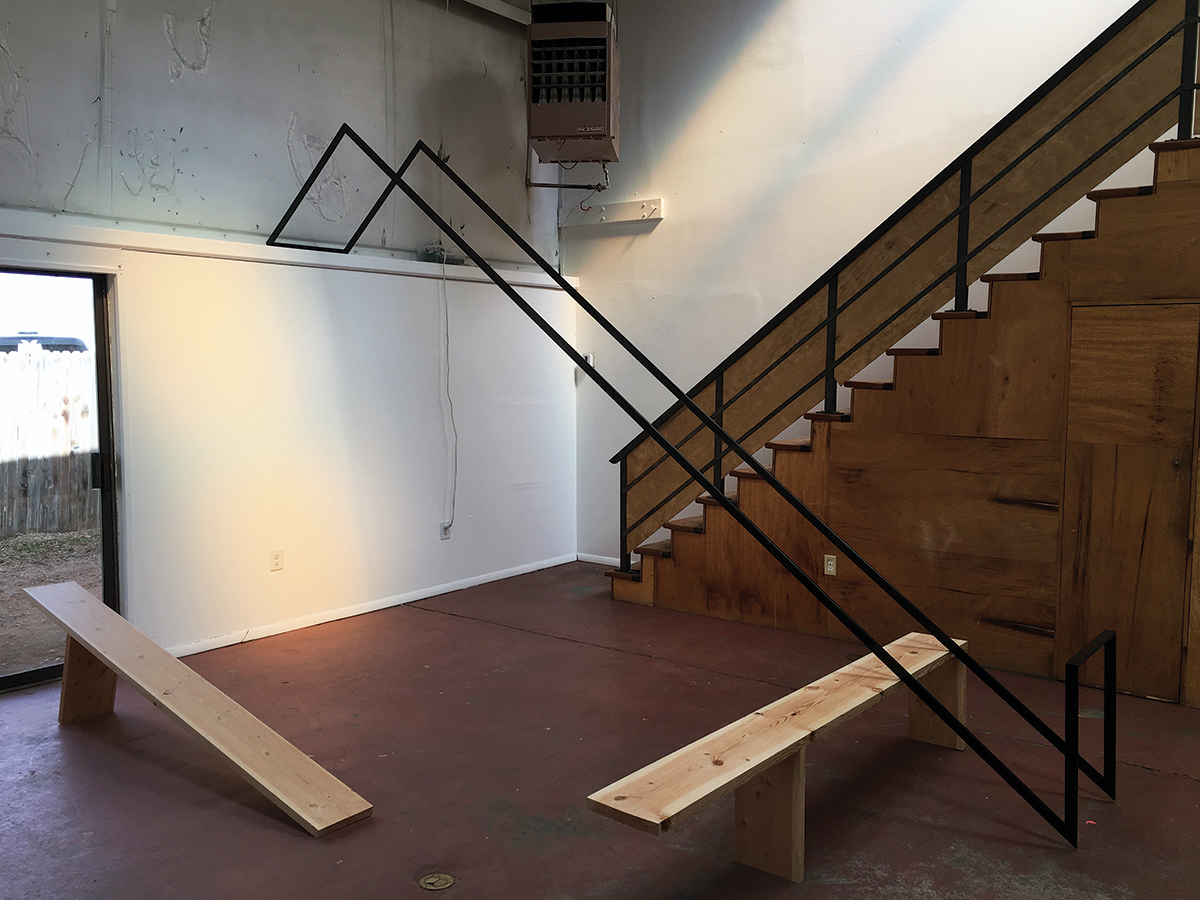
I skipped my journalism school graduation ceremony to move to Santa Fe, New Mexico. The year was 2012, and the economic recession already had me doubting my prospects in the journalism industry. The local newspaper in my hometown of Eugene, Oregon, where I’d been a teen columnist, was slimming down to a pamphlet. My journalism program at the University of Oregon was retooling its curriculum to focus less on long-form feature writing and more on bite-size blogging.
So I made a lateral move from the visual arts beat I’d struck up as a student journalist and took a summer gig at the Georgia O’Keeffe Museum. After that ended, I cultivated writing and curatorial work from galleries around Santa Fe while awkwardly attempting to crash a circle of veteran journalists and critics surrounding THE Magazine, the hyperlocal predecessor of Southwest Contemporary.
Then Lauren Tresp acquired the publication and generously assigned me an exhibition review in her first issue as publisher. I’d like to say the rest is history, but that loaded term—history—broadsided me as I finally started my journalism career in the Southwest. Santa Fe’s many mythologies rose like monoliths in the cultural and rhetorical landscape of this region. To me, the stories the Southwest was telling about itself felt outsized, impenetrable, and fundamentally warped.
I couldn’t fully discern why I felt this way, and seeking an answer at the lightning pace of journalism not only seemed impossible but somehow unethical. How could I thoughtfully study this towering wall of Southwestern cultural history, formulate fair and cogent ideas about it, and hit my deadline by Wednesday? If journalism is the first draft of history—and arts journalism of art history—then I have an enormous responsibility to craft stories about this place that feel properly scaled, accessible, and fundamentally true.
My anxiety about this was all-consuming for years—and as a Southwestern transplant at constant risk of perpetuating colonial narratives, I know it’s my duty to preserve that sense of discomfort and urgency. But I’ve come to believe that at least part of my early-career preoccupation with exhaustively analyzing the cultural record and getting a story perfectly straight was misplaced.
The rapid pace of journalistic discourse, its lithe and iterative nature, its wild determination to activate conversation right now even if it’s headed for the recycling bin a few hours later—these are qualities that can crack the hardened facade of an often glorified and ultimately violent vision of the Southwest. And beyond that, excellent reporting and criticism by a multitude of voices can move entirely outside those old modes of seeing and thinking about our region. Perhaps it can even help reshape it, one story (or review, or correction) at a time.
SWC has laid a strong foundation for this type of challenging and transformative discourse, and as the publication’s new editorial director I am resolutely determined to further its position as the leading resource for contemporary arts and culture in the Southwest.
We’ve been looking ahead a lot these days at SWC: our next print issue is themed Radical Futures, and we just launched a call for artists who explore visionary themes. But we’re also dreaming and planning past the next round of deadlines, towards a more robust presence across all six states in our coverage area; compelling events aimed at inspiring bold new modes of art criticism; and initiatives that will offer unprecedented opportunities for you, our readers, to engage with the most influential voices in the Southwest art community.
It’s been ten years since I published my first journalistic piece, and this experience has made me profoundly aware of the honor and privilege of conducting this rarified work for you. As someone who will forever be a guest in this region, I thank you.
Best,
Jordan
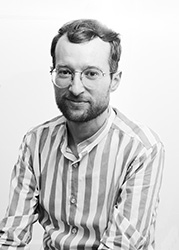
Jordan Eddy
editorial director
Southwest Contemporary
PS. There are just two days left to vote for us to win $10,000 in the Next Challenge. Please take a few seconds to support if you can!
